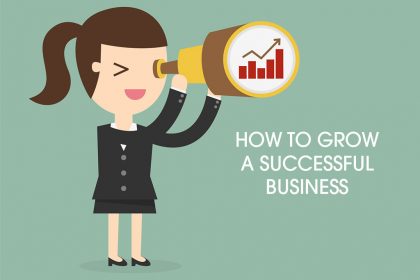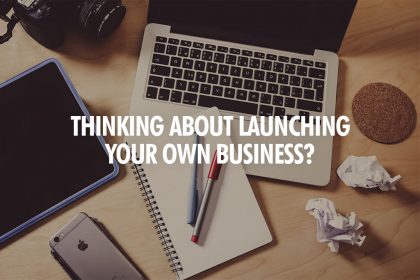How to sell without being pushy
Growing your customers and sales doesn’t have to involve the dreaded hard sell. Anis Qizilbash, founder of Mindful Sales Training, helps freelancers and entrepreneurs grow their sales mindfully. Here’s her secret to selling without being pushy.
When you think of selling, what comes to mind? Is it a pushy, dishonest person who won’t stop talking and wants something from you?
Many people think of a used car salesman. With those perceptions, it’s not hard to understand why people shy away from selling, or even hate it altogether.
We are all in sales. Everyday. All the time
At its core, selling is the ability to persuade, convince and influence people to take action. Whether you’re interviewing for a job, getting a merchant to deliver goods tomorrow instead of next week, or persuading your kids to eat their greens, it’s all “selling”.
According to Daniel Pink, author of To Sell is Human, “we’re devoting upwards of 40 percent of our time on the job to moving others”. Wouldn’t it make sense to develop this ability?
There is a way of selling that won’t alienate people, that may even endear you to them. A potential “buyer” won’t feel like you’re selling to them… because you’re not.
Begin with the intention to serve
The key to influencing people is to make the desired outcome attractive to them. Sales is about creating value for the buyer. And all this requires from you is a shift in focus.
Results flow from intention, and our actions follow our intention. If we shift our intention from how can I get them to do what I want, to how can I help them get what they want, our brain will search for the appropriate answers and our actions will reflect that focus. It’s how we’re programmed. What we seek, we find.
Always be curious
Ever heard of the ABC of sales? It’s a common mantra that means “Always Be Closing”. In practice, it means having the goal – or intention – of getting a commitment to buy in every single interaction, so everything you say and do leads to a close.
This is a typically selfish approach, and one of the reasons we despise salespeople.
If you focus on what the prospect wants instead of what you want, you will become curious. The ABC of mindful sales is “Always Be Curious”.
So start probing for what your potential customer’s goals, dreams, and objectives are. They place value upon getting or achieving these things, providing you the opportunity to highlight how you can serve them. Just suspend your own self-interest and first figure out what they want.
The golden rule of sales
According to Professor Robert Cialdini, author of Influence: The Psychology of Persuasion, the rule of reciprocation is one of the most potent weapons of influence around us:
“The rule says that we should try to repay, in kind, what another person has provided us. […] if a couple invites us to a party, we should be sure to invite them to one of ours.”
I’ve used this rule effectively – and unconsciously – throughout my career. On one occasion I approached an Asian chip manufacturer who wanted to expand their operations into Europe. Yet they were virtually unknown in Europe; they had no distributors to get their product to market nor PR contacts to raise publicity.
Before trying to get what I wanted, I helped them get what they wanted by getting them contacts to the top distributors in their target countries as well as targeted PR to hundreds of thousands of potential prospects.
A few weeks later, the marketing director allocated to me the company’s entire European marketing spend.
The ask
When it comes to asking for what you want, keep your focus on the person you are persuading by explaining why and how the action you want them to take will benefit them.
Instead of talking about the action itself, or the features of the thing you are selling, focus entirely on the outcome, because we only take action or part with money to receive a desired outcome.
For example, when I secured a job for a US-based organisation to represent them in the UK, I focused on their desire to grow their business in the UK.
By asking why it was important for them, they explained their motivation. I was then able to demonstrate how I could help them achieve their objectives, referring to their motivations (not mine) for doing so.
Gain trust by practicing detachment
People do business with people they know, like, and trust. To that end, it is important to be detached from the outcome.
The typical salesperson is focused on competition, closing, and commission. If you detach yourself from the need to “close”, the other person will know you have their best interest at heart. They will trust you. And when they trust you, they will know that taking the action you want them to take is in their best interest, not yours.
Learn to close more sales, get your free guide to learn a simple and powerful closing technique here.










